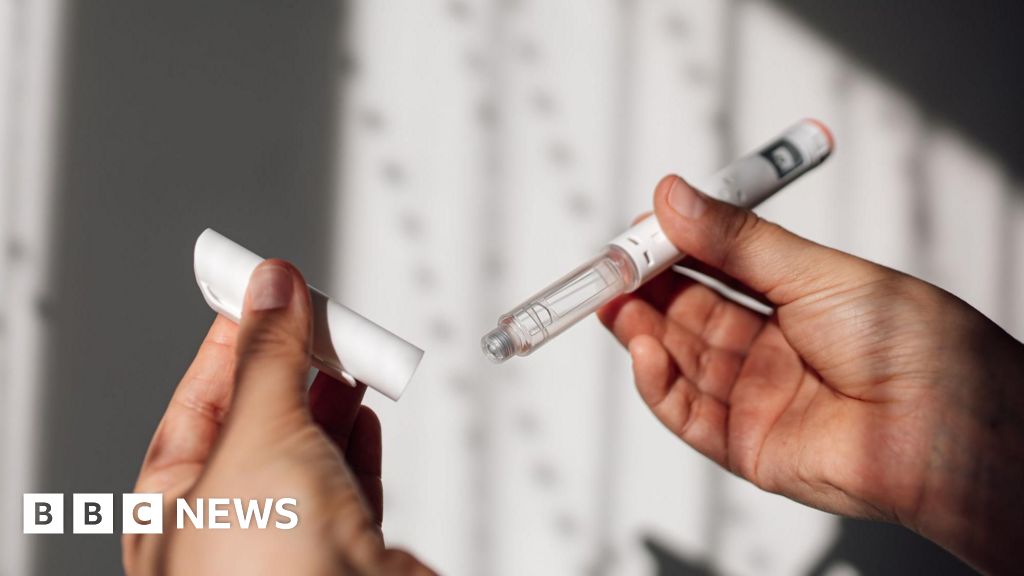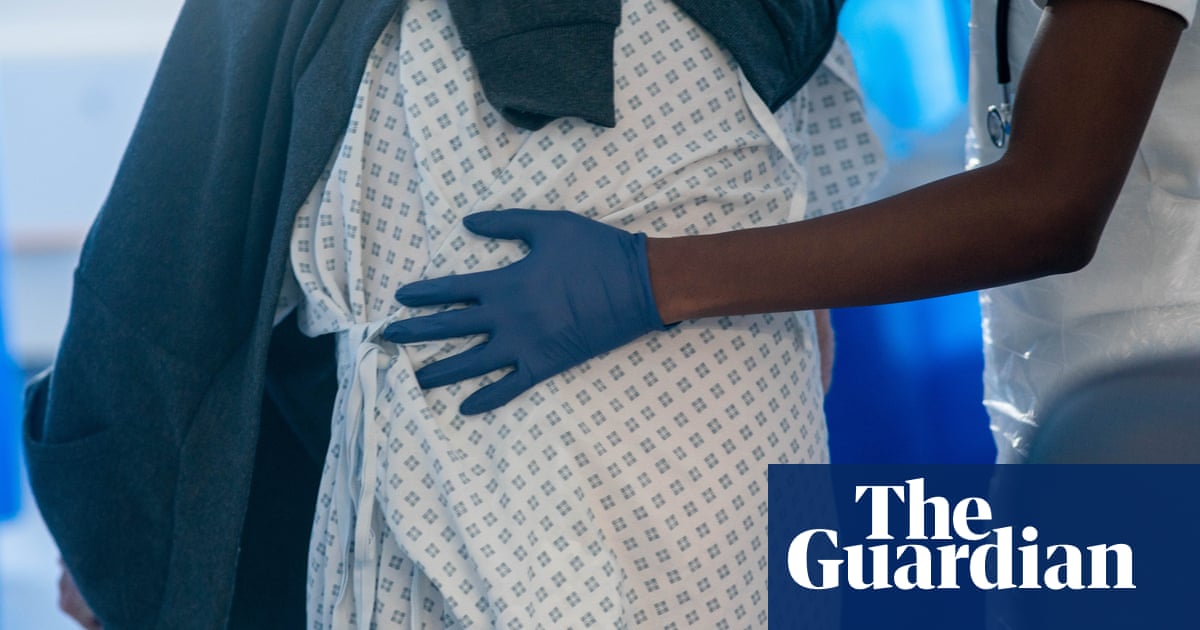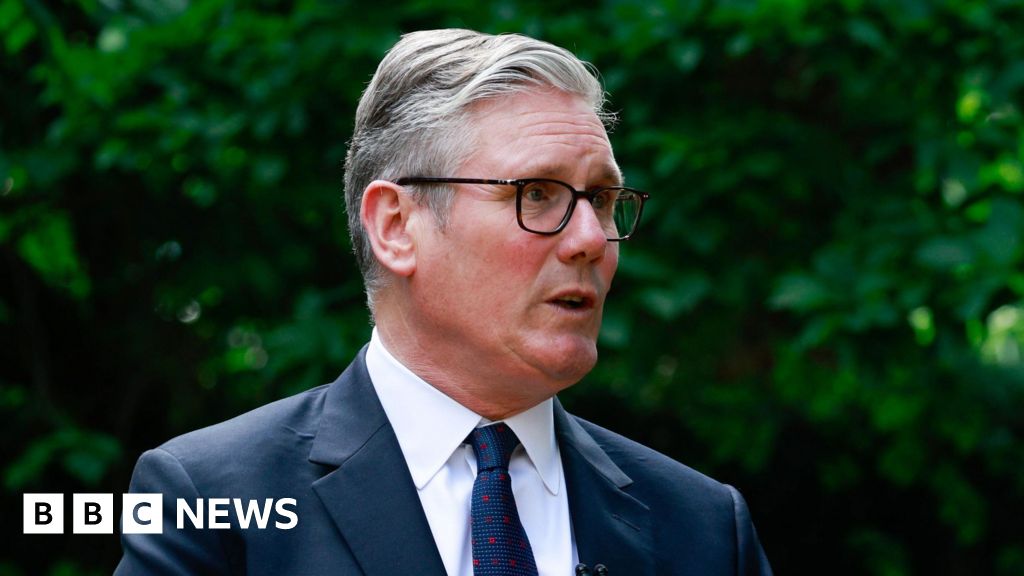A medicine that takes away your appetite by making you feel full and a bit nauseous doesn’t sound very attractive, but it is a price many people are ready to pay for the chance to lose weight. Although widely available privately, until this week only doctors in specialist clinics were allowed to prescribe tirzepatide (Mounjaro) to treat obesity on the NHS and it was almost impossible for GPs to get their patients into these clinics. People up and down England will no doubt rejoice at the news that their own doctor can now prescribe it.
Any celebrations may be premature, as the criteria for prescription in the first phase of the rollout are so tightly drawn that few patients will qualify. You need a body mass index (BMI) of more than 40, which corresponds to a weight of 102kg (16st) for a woman of average height or 123kg (more than 19st) for a man. (The BMI criterion is slightly lower if you come from a high-risk group.)
To be eligible, patients need to be not just at risk of complications from their obesity, but already suffering from them. They must have existing diagnoses of four out of five specific conditions: type 2 diabetes, high blood pressure, abnormal levels of fats in the blood (dyslipidaemia), obstructive sleep apnoea and damage to blood vessels. Individually, all of these conditions are fairly common, and they are more likely if you are obese. However, in our GP practice of 12,500 patients, we have identified only two who meet these criteria. Anticipating a rush of inquiries, we have asked our reception staff to tell patients that we will contact them if they qualify.
In the second phase of the rollout, expected next summer, the BMI threshold will be lowered, although as the list of conditions will stay the same, it seems unlikely many more of my patients will qualify. I have some patients who are really stuck with very severe obesity, with a BMI of more than 50, who I think would benefit from this medication, yet I cannot prescribe it as they do not have the specified diagnoses.
One of the reasons for the slow pace of the rollout mandated by NHS England is probably a fear of overwhelming GP services. Six hours of training is advised before we start prescribing, and patients should be seen monthly and monitored for adverse effects as the dose is increased, and then every six months. As the criteria relax, and the number of eligible patients expands, this will add up to a lot of extra appointments. Along with the injections, patients should also have “wraparound care”, which will provide diet and exercise advice.
We are waiting to hear from our integrated care board about exactly how this will be provided to our patients, but the dietary advice is important. Many people who are obese are nevertheless malnourished as the food they eat is often high in fat and sugar and low in essential nutrients. If, in response to appetite suppression, they eat very much less of the same low-quality food, they may run into significant problems with lack of protein, vitamins and minerals. Dehydration may also be a problem as thirst is reduced as well as hunger. Rapid weight reduction causes loss of bone and muscle mass as well as fat, so exercise is needed to prevent frailty.
Tirzepatide is not cheap: at the maximum dose, it costs £122 a patient a month, or £1,464 a year. This could be considered a bargain if you compare it with the cost of treating obesity-related conditions, and we should factor in the improvements in quality of life that achieving a healthy weight will bring. However, there are big questions to answer around how long people should use weight-loss drugs for, and what happens when they stop.
Rebound weight gain is almost universal after a period of dieting but it appears to be even more rapid after taking drugs such as tirzepatide; one study has found that patients can expect to return to their original weight within under two years of stopping. This feels inevitable, as much of dieting is learning to change your response to your body’s signals of hunger; if you’ve been taking a drug that abolishes those signals, then when you stop and your appetite returns, you are likely to respond exactly as you did in the past.
At a population level, I worry that by concentrating on this technical, pharmaceutical fix to our obesity problem, we are heading down the wrong path. More than a quarter of the adult population in England is obese, and medicating them all in perpetuity surely cannot be the answer. If the government is serious about its much-heralded shift from treatment to prevention, we need bolder and more imaginative plans to tackle obesity. We need restrictions on the availability of calorie-dense, nutritionally poor, fast food.
Taxing sugar and fat would be one way of altering the nation’s diet, and we should also look at the quality of school meals. Beyond food regulation, we need to buy back school playing fields, offer opportunities to exercise for free, and encourage active transport by making pavements pleasant and cycle routes safe. The current obesity crisis arises from a complex mix of social and commercial determinants of health and these are not problems that can be fixed with a simple injection.
-
Helen Salisbury is a GP in Oxford
-
Do you have an opinion on the issues raised in this article? If you would like to submit a response of up to 300 words by email to be considered for publication in our letters section, please click here.

 6 hours ago
2
6 hours ago
2










 English (US)
English (US)